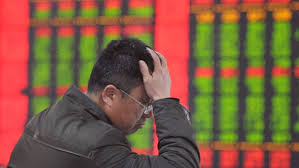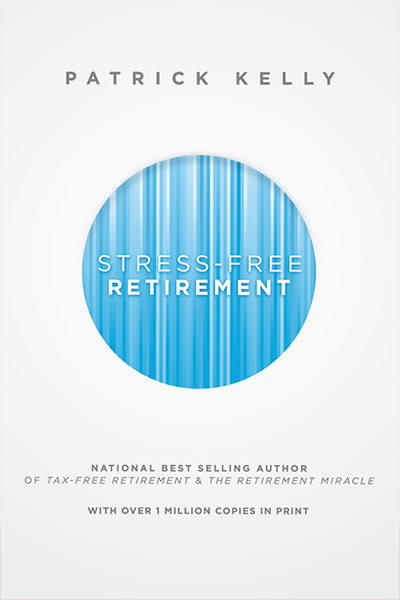China is devaluing the Yuan and it’s not a pretty picture.
China has devalued the Yuan for the last 3 days causing massive volatility in world markets. As a consequence, U.S., European and Asian markets are falling and could continue to do so.
On top of that. reading through Bloomberg Business here are issues that markets are dealing with:
Dow “Death Cross” Warns of Long-Term Stock Decline
Greenspan (Former Chairman of the Federal Reserve): Be Afraid of Pending Bubble in Bond Market
Ok, so what does all this have to do with my 401-k?
If you’re in your late 50s to early 60s, China is one more big reason to make sure your portfolio is positioned for retirement and doesn’t look like that of a 30-year-old. That means having a portion of your portfolio allocated to produce the income you’ll need to retire and also tightly controlling the risk on the rest of your portfolio.
If you are 5 to 10 years from retirement do this now. Our markets are extremely overpriced relative to a weak economy. When the big correction comes, and it may be sooner rather than later, you don’t want to have to dramatically change your retirement plans. You don’t want to have to work years longer and you don’t want to have to count pennies and worry about retirement.
And don’t assume that you have a low-risk portfolio because you own some target-date funds, some balanced funds, or some bonds. And don’t assume that you have a low-risk portfolio because your broker has told you that you are “well-diversified”. When we perform a risk analysis on a new client’s portfolio they are virtually always surprised at how much risk is in their accounts.
Here’s what you need to do now:
1) Get help to create a Game Plan for your coming retirement. Understand EXACTLY how much risk your portfolio has, how much your portfolio is costing you, and what the probability is of your money lasting through 20 to 30 years of unemployment (retirement).
2) Create the income you will need to retire as far as possible in advance, there are many income creation strategies that become much more powerful over time.
3) Manage the remainder of your portfolio first to control risk and THEN to maximize growth. Get help, this is not something you want to do by yourself. The stakes for the balance of your life are too high.
This is not the time to “tough it out” or to bury your head in the sand. Protect what you have! Your retirement and how you live the rest of your life could depend upon the steps you take right now.






